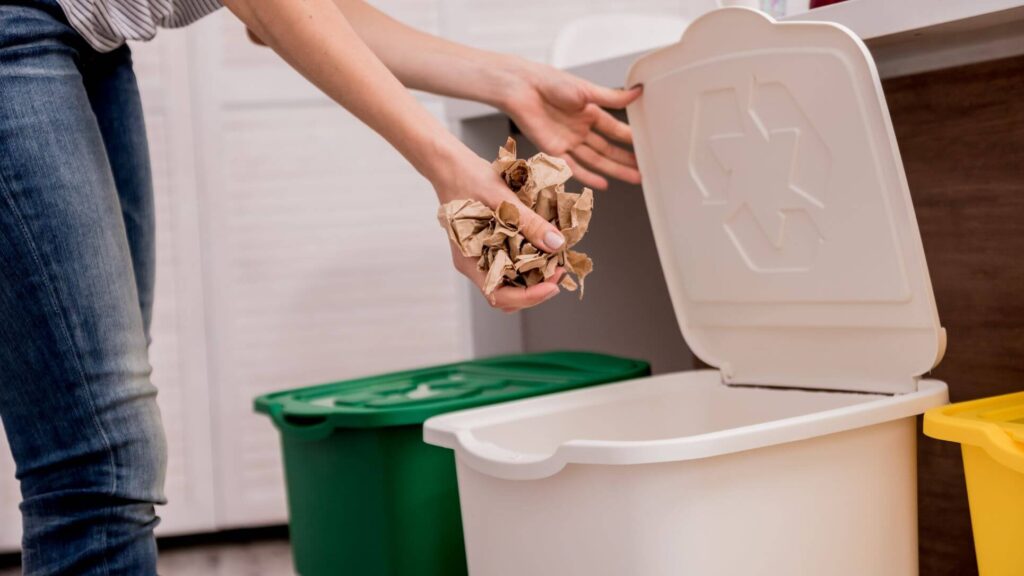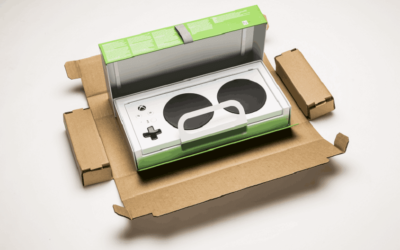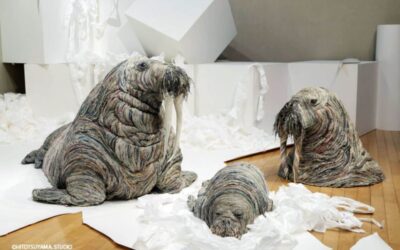
Rising consumerism, an increasing population – it is well-documented that humanity is generating more waste than the planet can handle. Fortunately, as we become more conscious of the need to protect our environment and live sustainably, many of us are also realising that responsibility begins at home. One really easy contribution we can all make is to recycle as much as we can.
Recycling used products is generally far more energy efficient than manufacturing them from scratch and can result in less pollution; it also means less waste going to landfill. Paper and cardboard are the most recycled materials in the world, with more than 58% of packaging recycled by Kiwis in New Zealand alone.
The Problem With Not Knowing What Can Or Can’t Be Recycled
Although our 58% rate of recycling paper and packaging is good, there’s room for improvement, according to the Packaging Council of New Zealand, 97% of New Zealanders have access to facilities that recycle paper, glass, cans and plastics.
Even those groups in society who are more outwardly conscious of the environment, and the impact of humans upon it, can struggle to do the right thing. Millennials, for example, love sustainability, favouring reusable products and supporting environmentally-friendly brands; however, according to a survey, they’re not so hot on recycling, which may come as a surprise. Could this be down to the fact there is still a lot of ambiguity (or perhaps lack of knowledge) around what can or cannot be recycled, along with the bewildering array of different recycling symbols on the back of packaging that seem to have the nation confused?
To try to help take the confusion out of the equation, we’ve put together some guidance on what should and shouldn’t be going into your recycling bins at home. We’ll focus on our area of expertise, paper and card, but a good rule of thumb to follow for other recyclable materials, whether it be plastic, aluminium or other, is that they should be rinsed clean before putting them in your recycling bin. Always check with your local council for full details as stipulations can differ based on whereabouts in the country you live.
The good news is that when it comes to paper and cardboard packaging, the rules are particularly simple – it mostly comes down to common sense.
Paper And Paper-Based Packaging That Can’t Be Recycled
When it comes to paper-based products, it is quicker to list what can’t be recycled rather than what can. The important thing to remember is only clean paper will be accepted by recycling centres. Anything that is contaminated with food substances (think ice cream cartons or takeaway trays), grease, dirt or paint, cannot be recycled (for example, kids’ artwork –don’t worry, you aren’t the only one who doesn’t pin every “masterpiece” on the fridge door). These should all be disposed of with general waste. Also remember to remove any plastic wrappings from magazines or junk mail that you receive before putting them in your recycling bin.
- Pizza boxes – although made of cardboard, which is typically recyclable, any greasy residue or cheesy remains make these boxes a recycling no-go. However, you can just recycle the lid if it’s free of contamination because to recycle half a box is better than none. Or you could even use it in your flower beds to deter weeds!
- Kitchen towels and tissues – it may be surprising to know how many people throw their used kitchen rolls, napkins or snotty tissues into the recycling bin! Hopefully, after making it this far, you will know that they can’t be recycled.
- Shredded paper – although some councils do collect shredded paper for recycling, many don’t. A great alternative to sending it to a landfill is to use it in your compost. Some councils will also let you put it in your garden waste bin.
- Gift wrap – although paper-based wrapping paper is recyclable, anything with glitter or other additives such as metallised gold and silver shapes should be discarded with general waste as it causes issues within the recycling process.
- Plastic or wax-coated paper items – unless you can peel off the coating, these are generally rejected by recycling centres.
It’s also helpful to consider that by adding something that’s contaminated with food waste to your recycling bin, you run the risk of compromising other items that come into contact with them, meaning it might all end up in the landfill instead.


